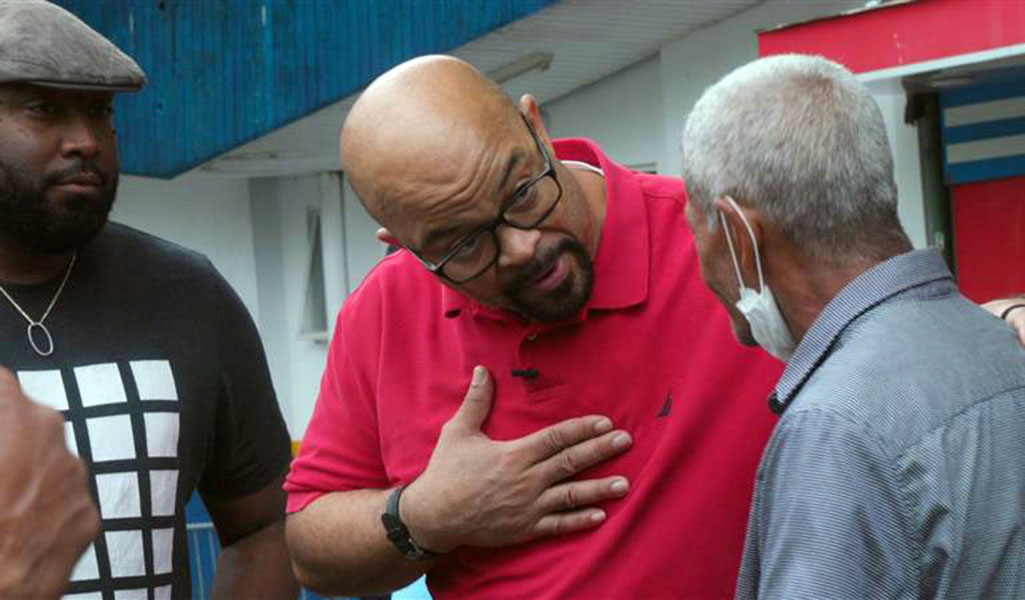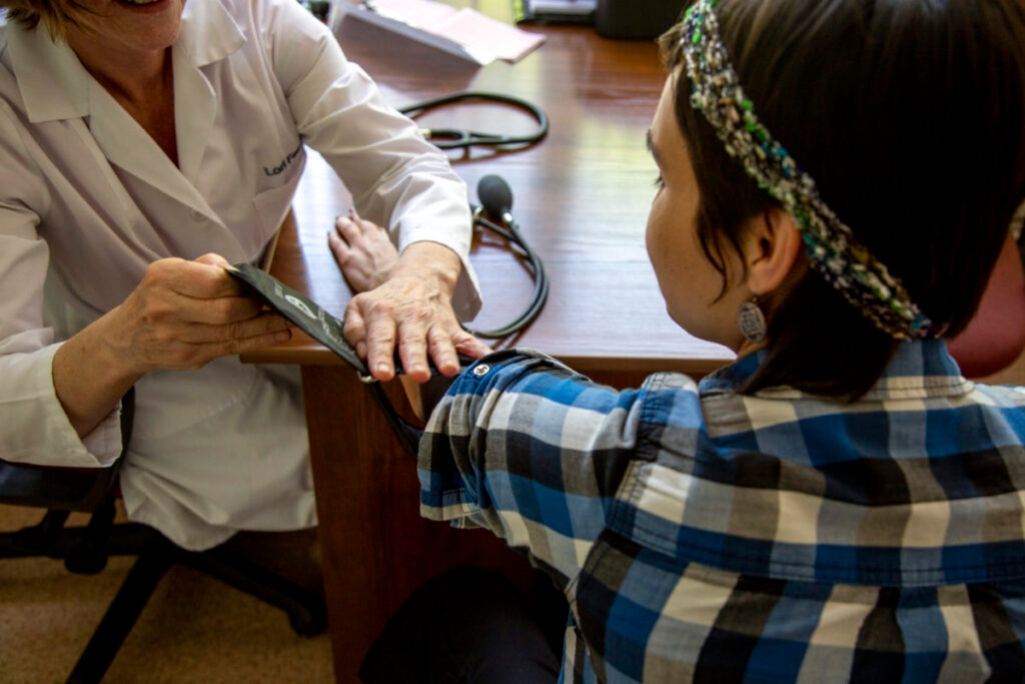
Eric Reese and his wife, Ramona, have been serving as IMB missionaries in Brazil for 23 years.
Sunday, Feb. 5, is George Liele Church Planting, Evangelism and Missions Sunday in the Southern Baptist Convention. Promotional materials can be found at imb.org/george-liele/.
A trailblazer – that’s who George Liele was.
He was born into slavery. His owner freed him so he could pursue God’s call on his life. He stayed in the antebellum American South and faithfully preached the gospel. Then he was thrown into jail, as the heir of his former master tried to re-enslave him. When he proved he really was a free man, instead of taking his freedom and running with it, he chose indentured servitude to get to Jamaica.
And there, instead of basking in the sun on the beach and enjoying his freedom with his wife and kids – and who could blame him if he had – he labored to get the gospel to African slaves in Jamaica.
His ministry was thriving, and he planted a church and held a baptism service every three months. Then, trouble arose. He was yet again thrown into jail, this time, charged with preaching sedition.
Thankfully, he was acquitted. No one could have blamed him for quitting ministry at that point, right?
Still, he stayed the course. His work had a spiritual and social impact in Jamaica. He also bought into the practice of making disciples who make disciples. He encouraged his converts to follow God’s call to missions for themselves.
Consider this as we recap George Liele’s story. This ordained African American Baptist preacher landed in Kingston, Jamaica, as a missionary in 1782. William Carey went on mission in 1793. Adoniram Judson was commissioned as a missionary in 1812. Technically, George Liele was the first Baptist missionary sent overseas from the (newly formed) United States.
This fact makes my jaw drop, because I’ve been a Baptist, African American missionary serving overseas for the past 23 years. Yet, it wasn’t until 2019 when the National African American Fellowship asked the IMB to consider George’s life that I even heard of George Liele.
Knowing he existed is such an encouragement to me and my ministry. As my wife, Ramona, and I have planted our lives among the people of São Paulo, Brazil, I’m spurred to do more for the kingdom, because I know someone like George Liele has gone before me and done such great work for the kingdom in such different and difficult times.
Just like George Liele, the color of my skin breaks down barriers among those I seek to reach.
Sometimes I look around at the people I serve. Their caramel skin nearly matches mine. Their culture, although so different, bears striking similarities to how I was raised. The color of my skin gives me this unexplainable credit among the Brazilians I share my life and the gospel with each day. That invisible cultural barrier is already broken down when I enter a room.
George Liele was a freed slave who spoke the gospel to and discipled those who were enslaved. His culture broke down barriers. He was one of them, so he could reach them. I’m encouraged and empowered to use the cultural similarities between myself and the Brazilians I live among as a way to further the kingdom of God, just as George Liele did.
When I consider the life of George Liele, I’m steered away from discouragement.
I’ve been asked before why more African American missionaries aren’t serving in Brazil. I don’t really have an answer. I’m encouraged to serve alongside Aaron and Melissia Stormer, a mixed-race IMB couple who are also missionaries in Brazil. Keith and Deborah Jefferson were mentors of mine and the first IMB African Americans to Brazil. I’m sure there are others I don’t know about who have served in Brazil as missionaries. But the opportunity here is so great.
So, when I feel discouraged or isolated because of the color of my skin, I look at Ramona, and we start counting our blessings, knowing that George Liele must have felt a million times more isolated. Afterall, he didn’t have the International Mission Board and a host of Southern Baptist churches supporting him spiritually, financially, and oftentimes, emotionally.
I’m inspired to make reproducing disciples because that’s what George Liele did.
George Liele not only went to slave quarters to share the gospel, but while he was there, he found someone who believed in the Lord and His mission. Then he baptized them, discipled them, and ordained them to go into the world and preach the gospel. He did that at the slave church he pastored in Savannah, Ga., and he did that in the slave quarters in Jamaica.
That model is exactly what we try to do. When we share the gospel, we realize we’re not going in our own power as Eric and Ramona Reese. We are going in the name and power of God, and we’re seeking to build God’s kingdom by making disciples. We desire to see that Revelation 7:9 vision of every tribe, every tongue, every nation come to pass.
George Liele’s life inspires me to continue.
When I look at someone like George, I’m strengthened to continue. If he could do what God called him to do during the time that he lived, what am I complaining about?
That faithfulness tells me, Eric Reese, in São Paulo, Brazil, that I have the ability to keep going despite the difficulties that come. Because he had all the reason in the world to say, “That’s enough.” Yet, he said, “It’s not about me; it’s about God.” George believed and knew that wherever he was, God was there with him, and he could remain faithful because he wasn’t serving man; he was serving God.
Ramona explained that it’s a huge burden off the shoulders of Black missionaries because we don’t have to look at ourselves as being the first, and we’re definitely not the last. George’s legacy isn’t just meant to inspire Black missionaries. It’s meant to inspire anyone feeling the call of God.
It’s important that we know, particularly people who look like me, that there was a man whom God called while he was enslaved. We need to continue to tell George Liele’s story so generations of African American missionaries after myself, who I believe God is calling, can see that God was faithful to him, and God will be faithful to me.
I believe we should keep telling the story of George Liele not just to African Americans, because the gospel is not just for one, it’s for all.
(EDITOR’S NOTE – Eric Reese is an International Mission Board missionary serving in Brazil.)


